Negative growth in domestic auto sales in the first three quarters, with an uptick expected in the fourth quarter
![]() 10/14 2024
10/14 2024
![]() 536
536
Last Saturday, the China Association of Automobile Manufacturers (CAAM) released production and sales statistics for domestically produced vehicles (including domestic, joint venture, and wholly-owned) in September and the first three quarters of this year. Thanks to significant growth in new energy vehicles and auto exports, domestic auto production and sales reached 21.47 million and 21.571 million vehicles, respectively, in the first three quarters of this year, up 1.9% and 2.4% year-on-year, achieving slight growth. However, if exports are excluded, both domestic auto sales and passenger vehicle sales recorded negative growth.
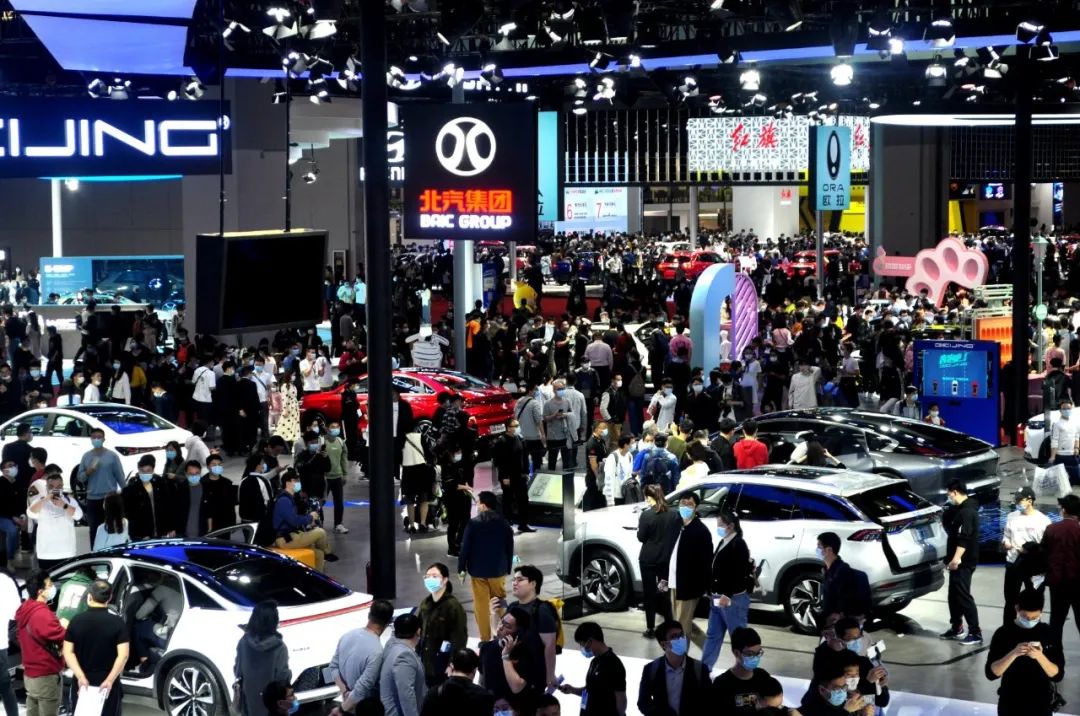
Fortunately, starting from September, with the gradual implementation of a series of policies encouraging auto consumption and the boost from the peak sales season of "Golden September and Silver October," the domestic auto market is expected to experience an uptick in the fourth quarter, potentially achieving the first positive growth in domestic auto sales in the past three years.
Unsatisfactory domestic auto sales in the first three quarters
According to CAAM statistics, domestic auto sales reached 2.27 million vehicles in September, up 16.9% month-on-month but down 6% year-on-year. Auto exports totaled 539,000 vehicles, up 5.4% month-on-month and 21.4% year-on-year. From January to September, domestic auto sales amounted to 17.259 million vehicles, down 2.4% year-on-year, while auto exports reached 4.212 million vehicles, up 27.3% year-on-year.
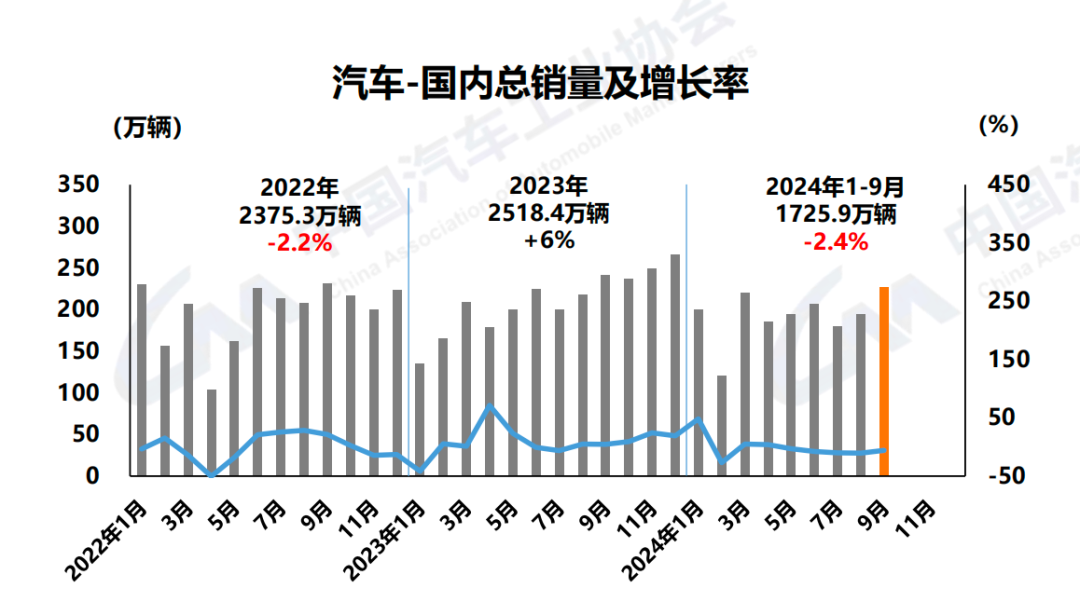
Statistics show that domestic passenger vehicle sales reached 2.068 million in September, up 18.6% month-on-month but down 1.8% year-on-year. Passenger vehicle exports totaled 457,000 vehicles, up 4.5% month-on-month and 20% year-on-year. From January to September, passenger vehicle sales amounted to 15.046 million vehicles, down 1.6% year-on-year, while passenger vehicle exports reached 3.63 million vehicles, up 28% year-on-year.
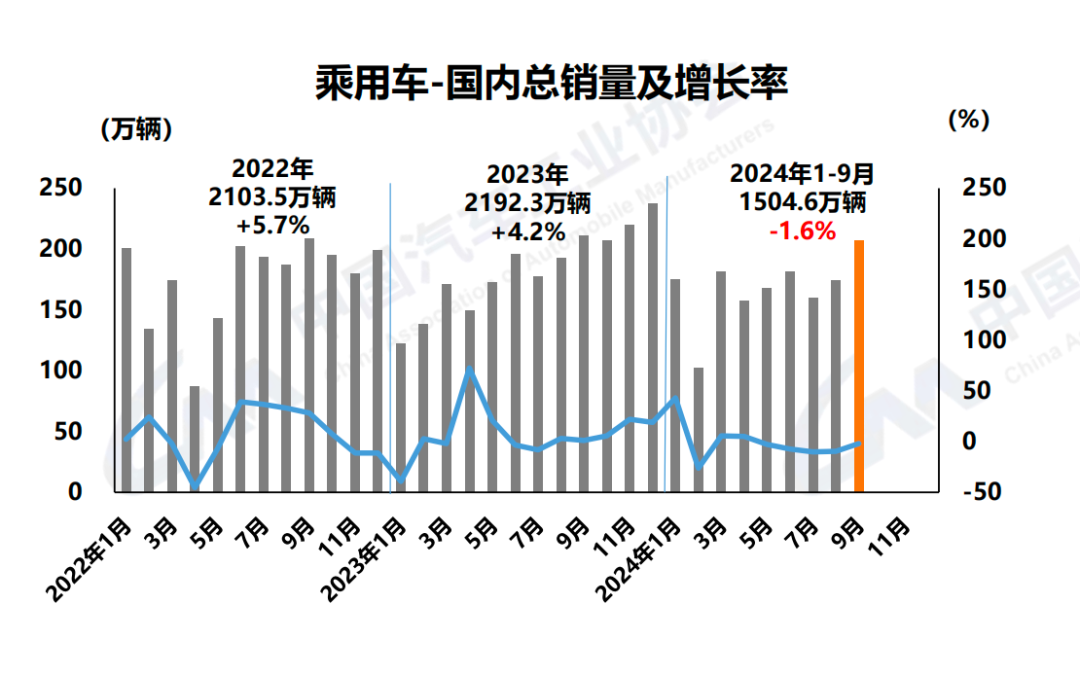
Compared to the previous two quarters, domestic auto sales improved in the third quarter. CAAM believes that with strengthened national-level subsidies for vehicle scrapping and replacement, local replacement and upgrade policies taking effect, and automakers rolling out new autumn models, the passenger vehicle market gradually rebounded at the end of the third quarter, especially with the retail market continuing to strengthen, demonstrating the "Golden September" effect.
Weak auto market primarily due to lack of confidence
Some analysts attribute the continued negative growth in domestic auto sales to the following reasons: Firstly, economic downturns lead to poor consumer expectations and insufficient consumer confidence in automobiles. The three-year pandemic's damage to the national economy requires a recovery period, and one of the most significant aftereffects of the pandemic is consumers' poor expectations for the economic outlook, resulting in insufficient consumer confidence.
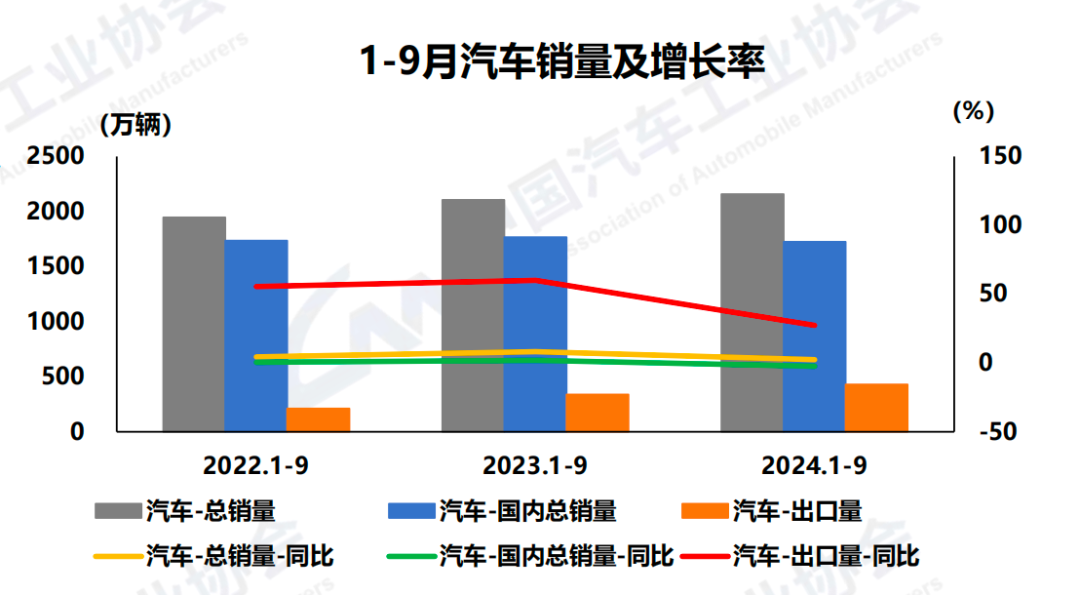
Secondly, the current domestic auto consumption is primarily driven by trade-ins and upgrades. Due to poor expectations, many auto consumers have postponed trade-ins and upgrades, leading to a continuous decline in domestic auto sales.
Thirdly, the price war and low-cost competition in the auto industry have disrupted the normal auto distribution order. Driven by the consumer psychology of "buy on the rise, not on the decline," some consumers are holding onto their money, hoping to purchase cheaper cars at bargain prices.
An uptick expected in the fourth quarter
Some say that China's stock market is a policy-driven market, and the auto market is no exception. On the eve of the National Day holiday, relevant central departments released a series of favorable policies, leading to a significant rebound in the domestic stock market, a resurgence in the real estate market, and a surge in auto sales. During the National Day holiday, many auto brands reported robust sales over the seven-day period. Many consumers opted to visit auto dealerships instead of traveling during the holiday. According to announcements from manufacturers, not only were new energy vehicle sales booming during the National Day holiday, but even some brands of traditional gasoline-powered vehicles, which have been experiencing declining sales, also saw robust sales.
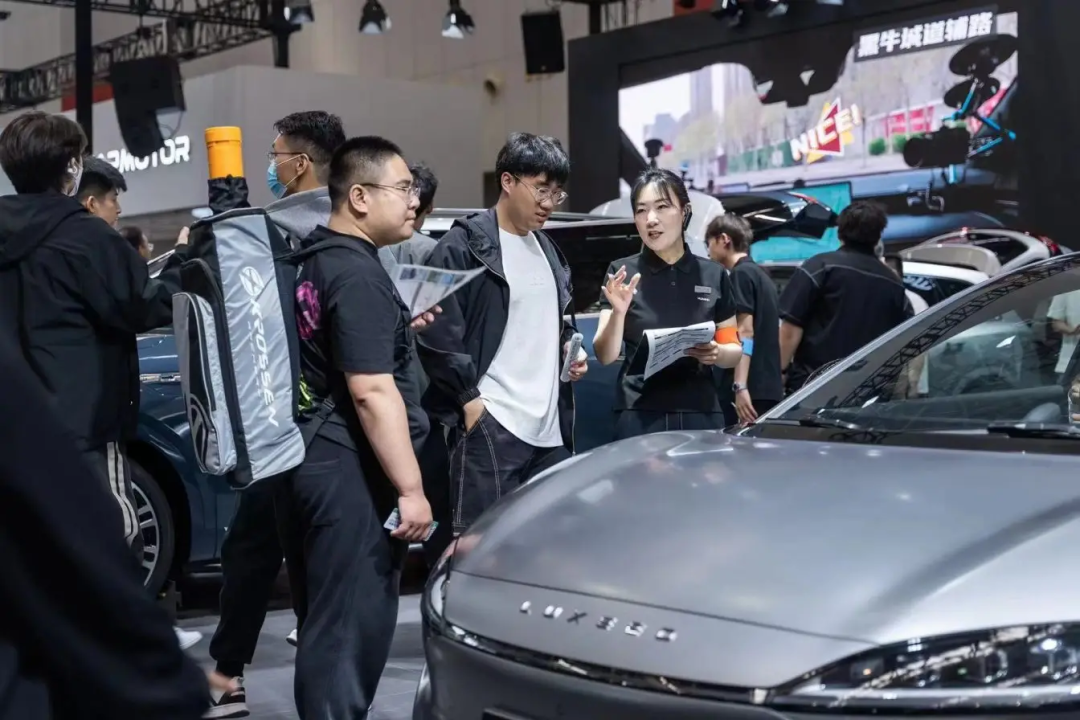
On October 12, leaders from the Ministry of Finance announced a series of measures to accelerate the recovery and development of the domestic economy at a press conference held by the State Council Information Office. These measures brought significant benefits to the domestic stock market, real estate market, and auto market.
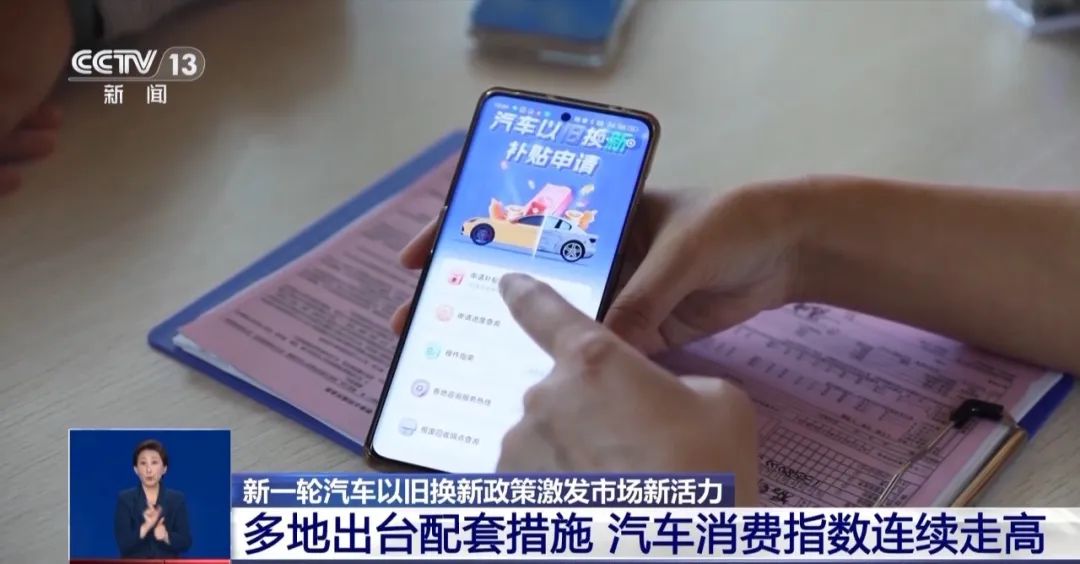
Recently, both the central and local governments have increased subsidies for vehicle trade-ins, directly stimulating auto consumption. As the effectiveness of this policy continues to unfold, it will directly boost auto sales in the fourth quarter. Domestic auto manufacturers are accelerating the launch of new models, which will also contribute to the recovery of the auto market in the fourth quarter. According to relevant statistics, more than 40 new models were launched in China in September, setting a new record, and another batch of new models will be introduced in October. These new models, with higher configurations and more reasonable prices, have won the favor of many consumers.
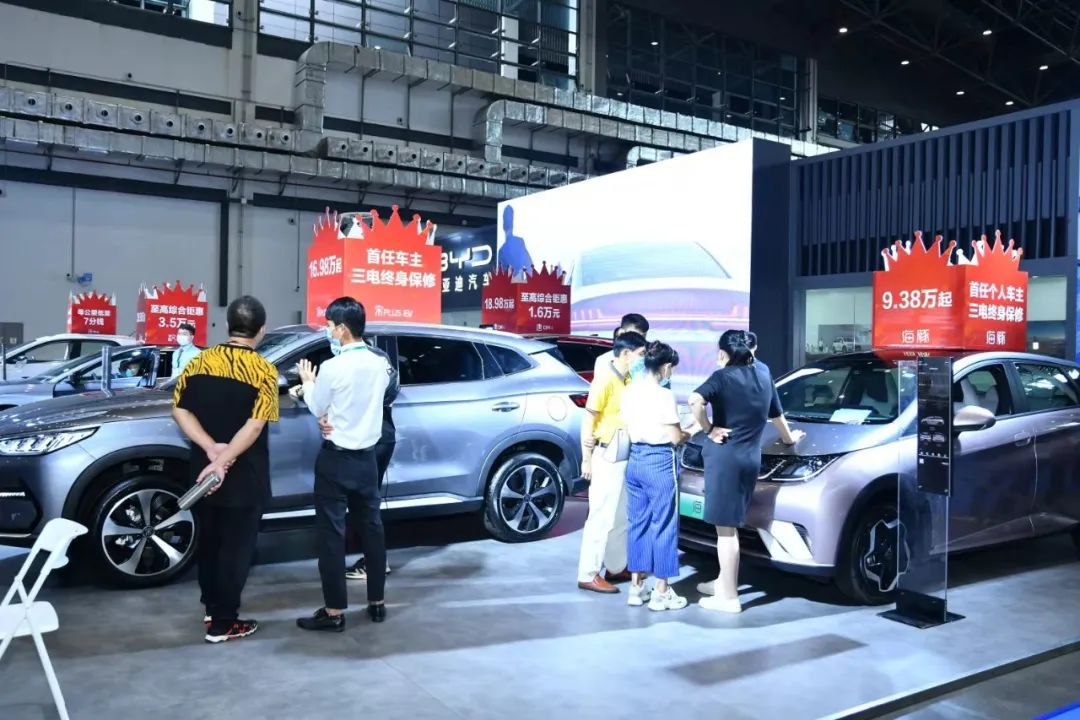
Some analysts believe that there is no doubt about this year's "Golden September and Silver October" in the auto market. Coupled with the year-end surge, the domestic auto market is expected to experience an uptick in the fourth quarter, thereby driving positive growth in annual auto sales. (End)






